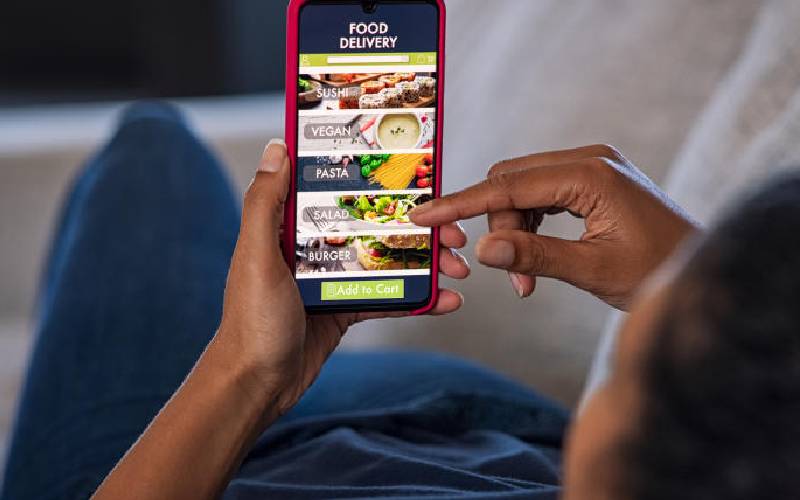×
The Standard e-Paper
Kenya’s Boldest Voice

The closure of restaurants during the Covid-19 period has not stopped many people from enjoying their favourite dishes as third-party entities in the delivery businesses cash in on the pandemic.